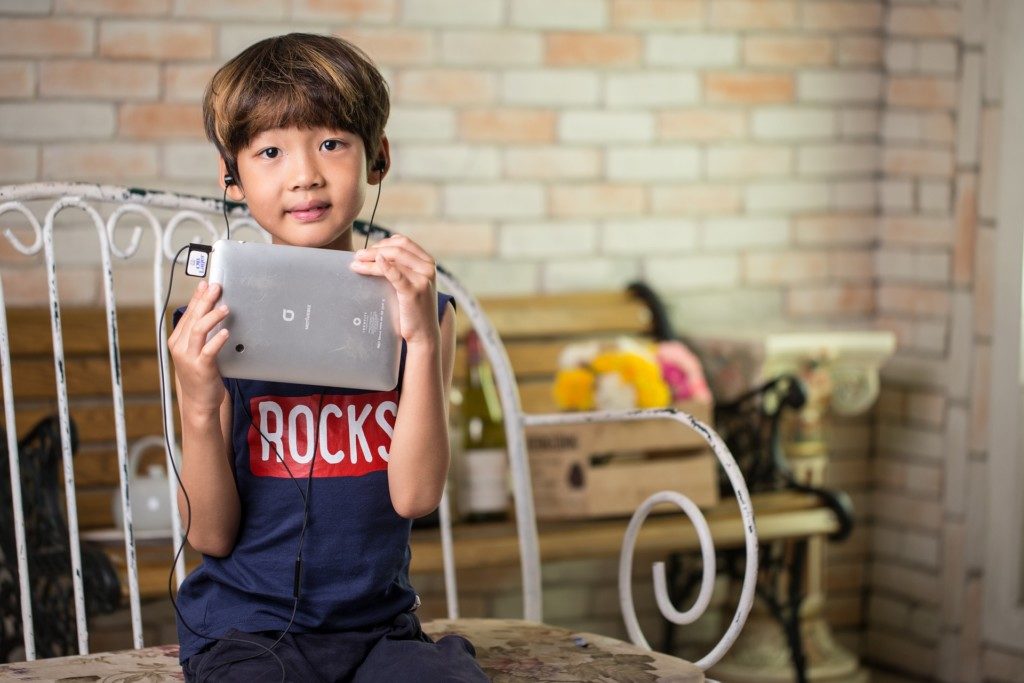 Like many of us, I am still in utter disbelief and sorrow that there has been yet another school shooting. I struggle enough with how to manage my own reactions to this catastrophic tragedy, and it is deeply saddening and overwhelming that I have to somehow figure out how to address this with my children, too.
Like many of us, I am still in utter disbelief and sorrow that there has been yet another school shooting. I struggle enough with how to manage my own reactions to this catastrophic tragedy, and it is deeply saddening and overwhelming that I have to somehow figure out how to address this with my children, too.
But the thing is, we need to. It’s never an easy conversation to have, but our kids are hearing about these disasters through friends, the news, and at school. We can’t ignore or dismiss it. They have strong feelings about these events that are further complicated by the child- or adolescent-lens through which they view the world. They need us to open up our hearts to them while they sort through these difficult emotions and process these tragic events.
Here’s what I want my kids to know:
I’m here for you.
What happened is terrifying and incomprehensible, but I am here for you, to hold your hand, hug, talk it out or sit in silence. Whatever you need.
When you’re ready, let’s talk.
Tell me what you already know. This may seem vague, but it’s helpful for me to know what, if anything, you have already heard about the tragedy.
Let me tell you what I know.
It’s important that I use words you can understand because this is complicated. I’m going to be concise and just tell you the facts, I don’t want to overwhelm you with unnecessary details. There’s a lot of misinformation out there, and I want to clear up any misconceptions because they can exacerbate fears and anxiety.
I see you.
I see your big heart, your sadness, your worry, your fears. I am not going to dismiss those feelings or tell you not to worry and that everything is ok. Because it’s not. What happened hurts, and we as a community and a country need to find a way to heal together. What’s most important is that we have each other and we can find a way to talk about difficult things.
I want you to ask me questions.
I will do my best to answer them honestly. This will be hard for me, but the fear of the unknown is almost always worse than the truth.
I want to comfort you.
I know after a tragedy of this nature it’s natural for you to worry about your own safety as well as mine, our family, and our friends. Despite how scary these situations are, I want to reassure you that these events are still exceedingly rare.
Let’s review our own family safety plan so that we can feel as prepared as possible.
Having a plan provides reassurance and a sense of security when most other things feel out of our control.
Turn off the news and stop reading about it on social media.
I promise I won’t torture myself with unnecessary exposure to this evil, either. Knowing this happened is tragic enough; replaying it or reading about it over and over doesn’t help and often only makes us feel worse.
I want you to know my feelings, too.
I want you to know how much empathy I have for the victims’ families, and that I also feel burdened with sadness and worry.
I want to role model resiliency during difficult times.
I want us to discuss positive ways to cope with this type of heartbreak, including self-care, talking with family, and spending more time with loved ones.
Let’s focus on the positive.
Let’s talk about all the first responders and people in the community who are helping out and how this shows the good in humanity. Let’s share stories of the heroes that emerged during this tragedy, and discuss the qualities and character we admire in these women and men.
I can be patient.
If you don’t want to talk about what happened, at least not right away, that’s ok. It is a lot to process. I promise I won’t get frustrated with you, but I am making myself available to you when you are ready to talk.
Remember every child responds to these events differently. Here are some signs your child might be struggling:
-
- Refusing to go to school or clinging more to parents
- Ongoing fears of being separated from parents or other caregivers
- Sleep disturbances, including nightmares, screaming out in sleep, and bedwetting
- Physical symptoms, such as headaches, stomach aches that don’t have an identifiable cause
- Poor focus, irritability
- Easy startle, seeming jumpy or on edge
- Behavioral issues, such as acting up at school or more fighting at home
- Withdrawal from family or friends or activities they typically enjoy
- Seeming overwhelmingly sad, less active, or preoccupied with details of the event
If these symptoms persist, call your pediatrician or talk with your school counselor to see if treatment for grief or Post Traumatic Stress Disorder is warranted.
Here are the resources for this post, as well as more detailed information:
Talking to Kids About the Shooting
Caring For Kids After A School Shooting
















